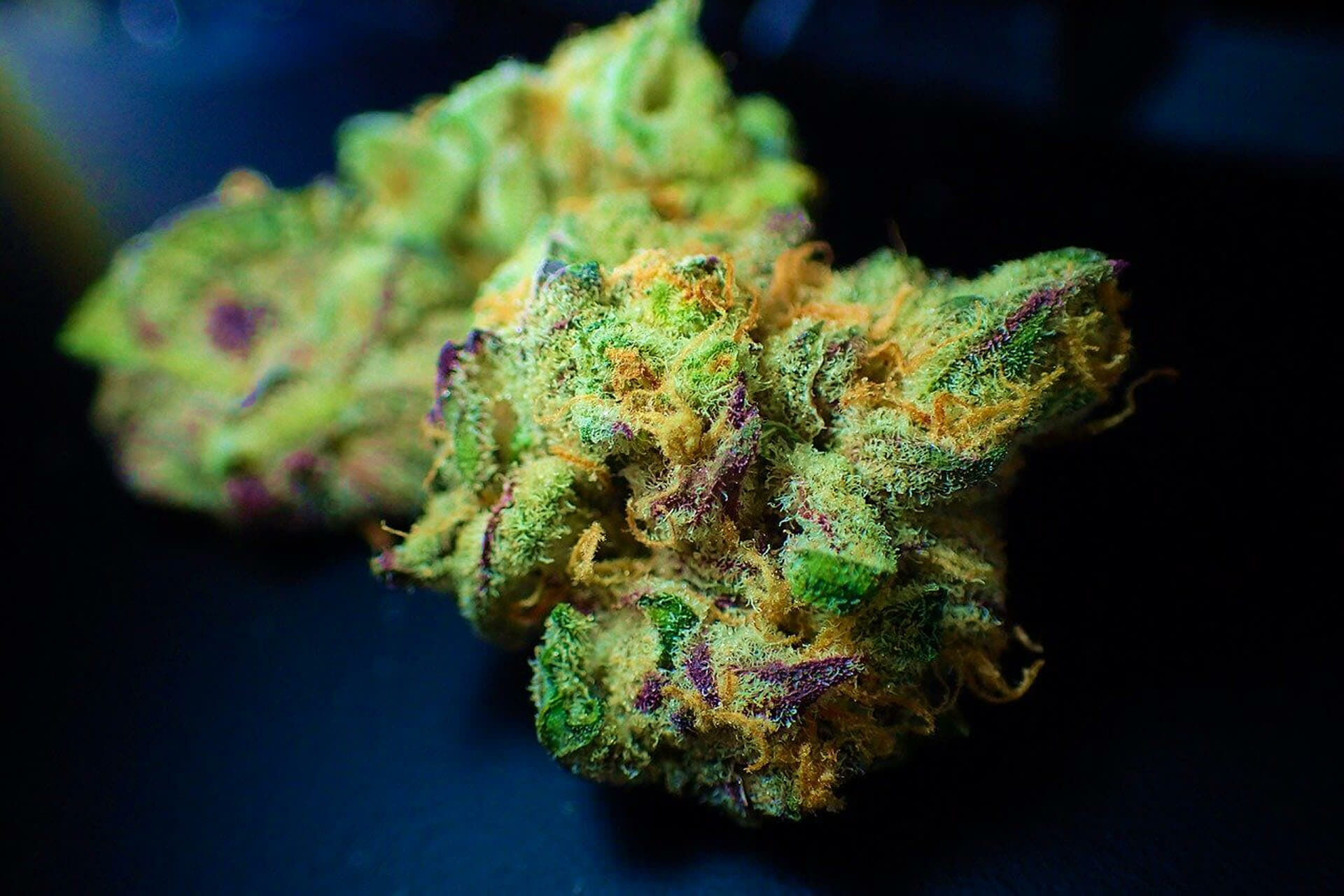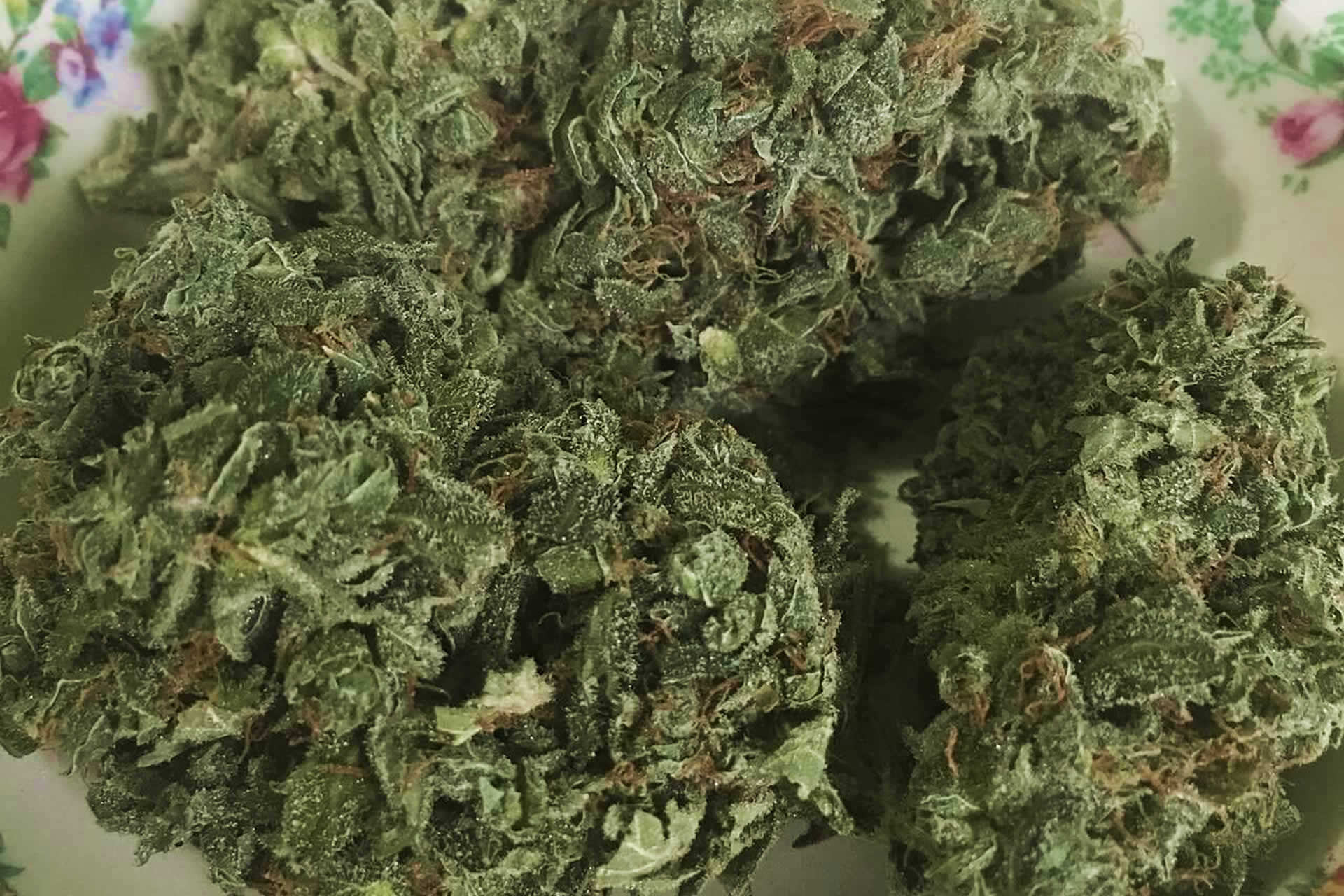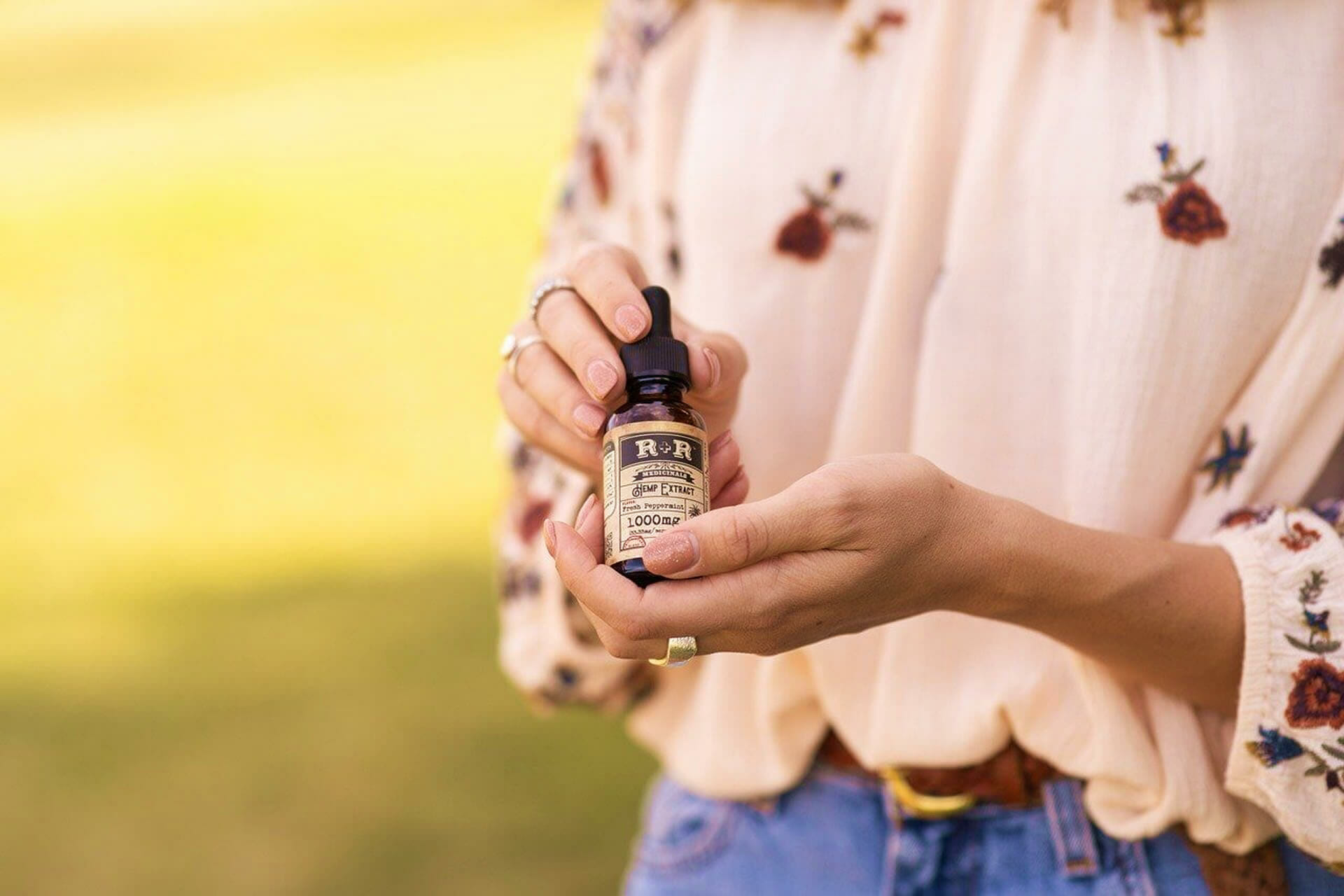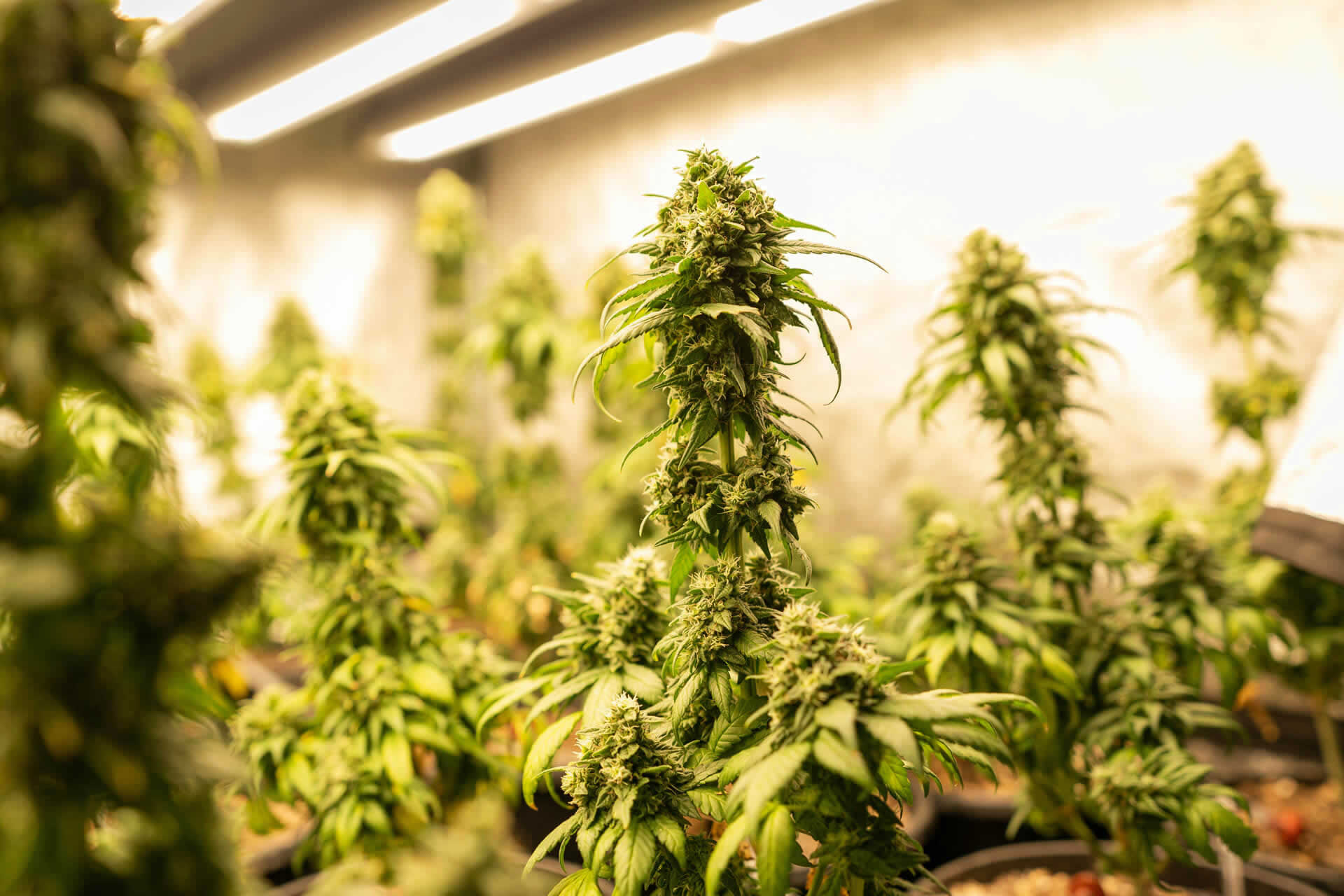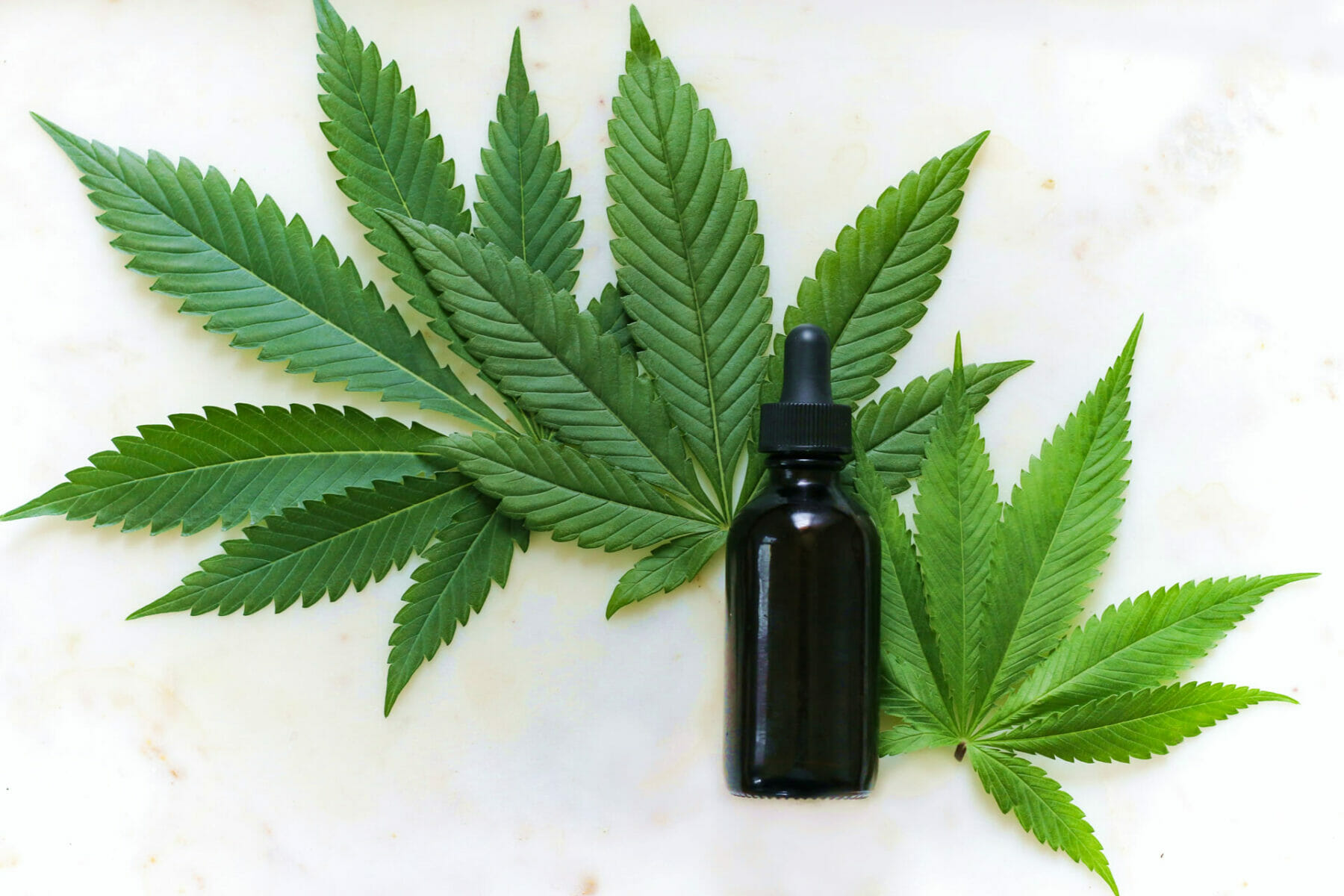Uses And Health Benefits Of CBD Oil
What About CBD Oil
CBD is frequently extracted in oil form from the cannabis sativa plant and blended with an inert carrier oil, such as hemp seed oil, for usage. CBD oil has increased in popularity in recent times due to its presumed sedative effects.
The most well-known component of cannabis is delta-9-tetrahydrocannabinol (THC). It is a prominent psychoactive cannabinoid in the cannabis plant, liable for such "high" feelings commonly associated with the drug. On the other hand, CBD is not highly addictive in the same way that THC is.
Cannabidiol is created by separating CBD from the cannabis Sativa plant and incorporating it with natural ingredients such as coconut oil or hemp seed oil. CBD can be found in a wide variety of products, such as dietary supplements, bath soaks, drinks, and food, both online and in stores. It's gaining popularity in the medical and lifestyle world, with particular scientific research discovering that it can help with conditions like chronic pain and anxiety.
Is Cannabidiol A Legal Substance?
In 2018, the United States passed laws legalizing the sale of hemp and hemp products. Moreover, it does not mean that almost all CBD products derived from hemp are legal. Because CBD is a prescribed drug, it cannot legally be included in food or dietary supplements. CBD is only permitted in "cosmetic" products. However, CBD products labeled as dietary supplements are still available on the market. The level of CBD in these items is not necessarily the same as what is stated on the label.
What Are The Uses Of CBD Oil?
CBD has a weaker affinity for cannabinoid receptors in the brain than THC. These are the molecules with which THC interacts to produce psychoactive effects.
Additionally, it affects glycine receptors. These are the neurons that regulate serotonin levels. A brain chemical dubbed the "feel-good" hormone.
CBD researchers claim that CBD oil can treat a wide range of health issues, including:
- Depression- CBD has been shown in studies to help relieve depression by altering serotonin levels in the brain. However, more study is needed to find how it could treat depression. CBD products with a high CBD content and a low THC content are the most effective for depression.
- Diabetes- Diabetes is a chronic inflammatory disease, and CBD has anti-inflammatory properties. CBD has shown potential in research for reducing insulin resistance and moderating blood sugars in type 2 diabetics who are not taking insulin.
- Epilepsy- CBD oil may help prevent seizures by stimulating specific cells known as CB1 receptors. These cells can be found in nervous systems and memory-related areas of the brain. Scientists are still unsure how CBD affects seizures, but it may help prevent brain cell damage or 'over-excitement.'
- Parkinson’s Disease- CBD is an effective remedy for Parkinson's disease symptoms since it comes into contact with two cannabinoid receptors in the body known as CB1 and CB2.
- Acne- According to the findings, CBD inhibited oil production and had anti-inflammatory effects on oil-producing glands. The scientists say CBD is a "promising therapeutic agent" for acne treatments.
- Insomnia- According to studies, CBD may help people fall asleep and stay asleep for longer periods of time.
Possible Adverse Effects That Could Occur
In medical studies, it has been demonstrated that CBD oil can have adverse side effects. People can have varying degrees of severity and type of illness.
The following are common side effects:
- Dizziness- Some people may experience dizziness or lightheadedness after consuming CBD. Even though it is not identified why this happens, scientists theorize it is caused by changes in blood flow in the brain, variations in brain cell signaling, the interaction of the autonomic nervous system, and a drop in blood pressure.
- Diarrhea- Although it is not common, some CBD oil users have reported feeling sick to their stomach shortly after using it. Aside from the upset stomach, you may need to use the restroom several times as diarrhea takes hold.
- Anxiety- CBD has been believed to suppress anxiety in studies and clinical trials.
- Nausea- Nausea and gastrointestinal issues are relatively common CBD oil side effects. It can cause nausea and vomiting, and other signs of a gastrointestinal problem. CBD oil is not well digested by certain people.
How Old Do You Have To Be To Buy CBD Oil Legally?
It is determined by the location, the product's form, its source (hemp or marijuana), and its intended use (recreational and medical). You must be at least 18 to 21 years old to purchase CBD oil in many states, which is allowable. Cooperate with the laws of your condition.
Conclusion
In contrast to THC found in marijuana, CBD oil does not make you feel euphoric. It contains a chemical known as cannabidiol, which may be beneficial in treating stress, anxiety, drug withdrawal, and nerve pain. On the other side, CBD oil seems to have the potential to affect how your body breaks down specific medications. It could cause the drugs to have a stronger or weaker effect, potentially dangerous. Discuss CBD oil with your physician before using it, especially if you take any medications.




